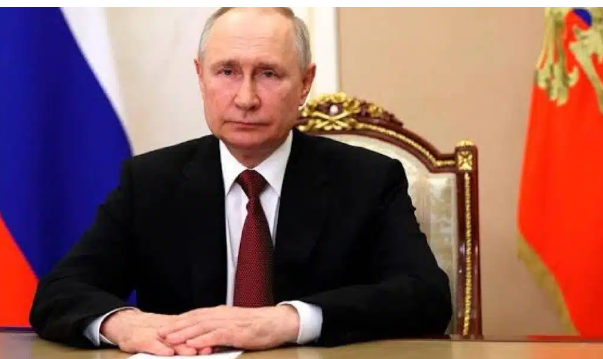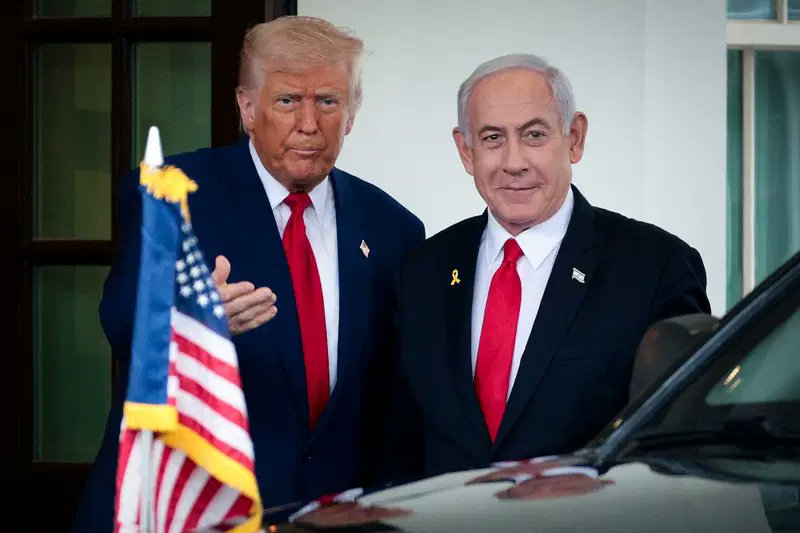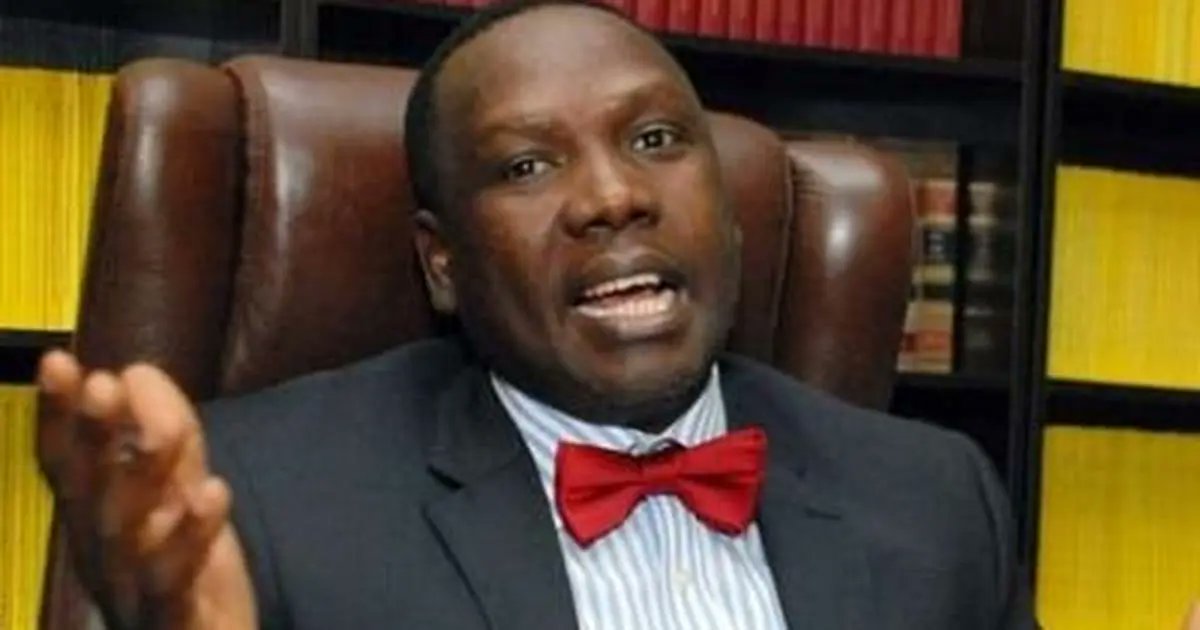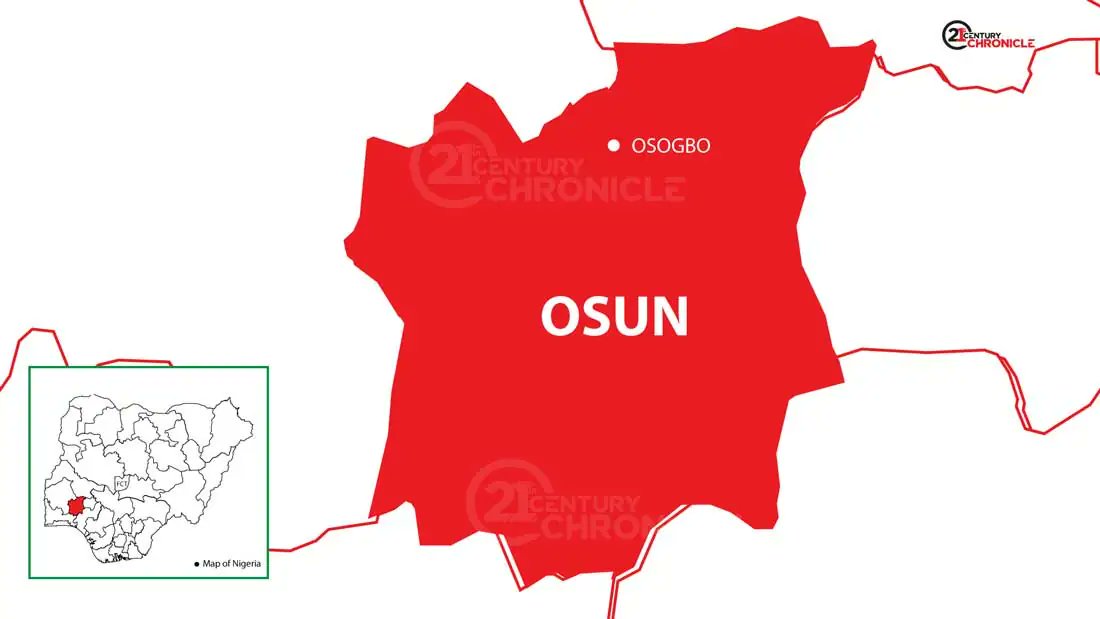
Putin Draws the Line: “I’ll Defend Iran” – Moscow Warns Washington as Global Tensions Soar

In a dramatic and defiant turn of events following the United States’ controversial airstrikes on Iran, Russian President Vladimir Putin has vowed to stand firmly with Tehran, escalating concerns of a broader geopolitical conflict. Speaking from the Kremlin during a high-stakes meeting with Iran’s Foreign Minister Abbas Araqchi, Putin didn’t mince words in condemning the recent U.S. military actions, describing them as a “grave and unprovoked aggression.”
The statement came just two days after President Donald Trump authorized targeted strikes on three critical Iranian nuclear facilities, a move that has sent shockwaves across global capitals and pushed the already fraught Middle East situation to the brink. Putin’s declaration that “Russia will defend Iran” signals a significant deepening of the Russia-Iran alliance at a time of growing division between global superpowers.
“The unprovoked aggression against Iran has no basis and no justification,” Putin said in a stern televised statement. “For our part, we are making efforts to assist the Iranian people. I’m very glad you are in Moscow today so we can discuss all these pressing issues and think together about how we could get out of today’s situation.”
While the Russian president stopped short of outlining a military commitment, his language sent a clear warning to Washington: Moscow will not sit idly by while Iran is attacked. Foreign policy analysts say this could mark the beginning of a dangerous new phase in East-West relations, as Russia’s alignment with Iran brings back echoes of Cold War-style power blocs.
Iran’s Foreign Minister Araqchi, visibly composed but resolute, expressed deep appreciation for Russia’s support. “Russia is today on the right side of history and international law,” Araqchi declared. He emphasized that Iran's recent moves were acts of “legitimate self-defence” following repeated provocations from the U.S., and conveyed messages of gratitude and goodwill from Iran’s Supreme Leader and President to Putin and the Russian people.
Despite Russia’s strong condemnation of the strikes and its expressions of solidarity, questions linger about the scope and nature of support Moscow is prepared to offer. The strategic partnership signed between Russia and Iran earlier this year, while comprehensive in economic and diplomatic cooperation, notably does not include a mutual defence clause.
Kremlin spokesman Dmitry Peskov later told reporters that Russia’s assistance to Iran is already underway in the form of mediation and diplomacy, but added pointedly, “It all depends on what Iran needs.” Peskov condemned Washington’s actions, describing the situation as “a new spiral of escalation” and warning that the list of actors involved in the regional conflict is growing fast.
“We are seeing an expansion in the number of participants in this conflict, or rather, it has already happened. This marks a new spiral of escalation, and we condemn it deeply,” he stated.
The Kremlin also raised fresh concerns about the aftermath of the U.S. strikes, particularly regarding the condition of Iran’s nuclear facilities. Peskov hinted at fears of possible radiation leakage or other catastrophic consequences, saying the Russian government was awaiting more information and monitoring the situation closely.
What appears to have irked Moscow even further is the revelation that the Kremlin was not informed in advance of the U.S. strikes. According to Peskov, President Trump did not provide Putin with any detailed briefings on the planned military action, despite recent conversations between the two leaders.
“There was no detailed information,” Peskov said. “The issue of Iran itself was repeatedly discussed by the presidents during their most recent conversations, certain proposals were voiced by Russia, but there was no direct detailed information about this.”
This lack of transparency has reportedly further strained the already uneasy diplomatic ties between Washington and Moscow. Observers suggest that Russia feels blindsided by Trump’s aggressive decision-making and is now doubling down on its strategy of countering U.S. influence in the Middle East.
Back in Tehran, there was an outpouring of public gratitude for Putin’s message, with pro-government media highlighting Moscow’s support as a validation of Iran’s stance on international law and sovereignty. In a region dominated by military power plays and long-standing enmities, Iran’s partnership with Russia may serve as both a deterrent and a symbol of resilience.
Still, military analysts warn that the absence of a formal defence pact makes Russia’s actual willingness to engage in direct confrontation uncertain. While the rhetoric is bold, the Kremlin is likely to weigh its next steps carefully, especially given the potential risk of igniting a global-scale conflict.
Even so, diplomatic sources in Europe and the Middle East say the signal has been sent — loud and clear. Russia will not abandon Iran, and the West should tread carefully. With tensions at boiling point and no clear diplomatic exit strategy in sight, the world watches nervously as two nuclear superpowers stake competing claims in one of the most volatile regions on earth.
Meanwhile, President Trump remains unapologetic. In a press briefing late Sunday, he defended the strikes as “necessary to prevent further aggression” and accused Iran of violating its nuclear obligations. He offered no comment on Putin’s statements, nor did he address reports of growing discontent among NATO allies over the U.S.’s unilateral action.
As the international community scrambles to mediate, fears of a broader war loom large. In the halls of the United Nations, emergency consultations are being convened. China has called for restraint, while European Union leaders have urged both Washington and Tehran to de-escalate. Yet, with Russia now throwing its weight behind Iran, the calculus has changed dramatically.
With every hour that passes, the situation becomes more fragile, and diplomacy more urgent. The world is now caught in a dangerous standoff that could define the next era of global politics. As Moscow and Washington dig deeper into their opposing trenches, the question is no longer if this conflict will expand — but how far it will go.


